‘The stands are quiet – the noise is online’ – the dark side of social media for women’s tennis
At Roland-Garros in 2023, France’s Leolie Jeanjean has spoken about the “abuse and violence” players can face on social media. This feature – originally published in 2022 – explores how it became an occupational hazard, particularly for female tennis stars
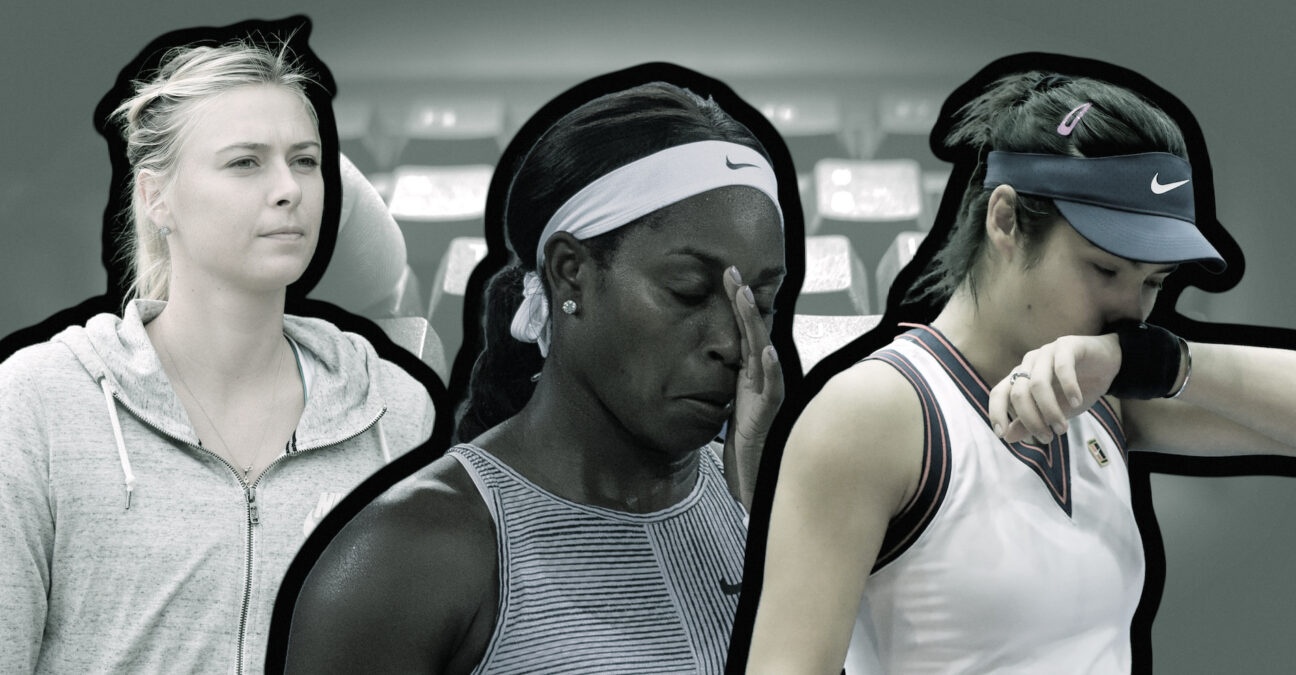 Maria Sharapova, Sloane Stephens, Emma Raducanu © Panoramic / Shutterstock / Tennis Majors
Maria Sharapova, Sloane Stephens, Emma Raducanu © Panoramic / Shutterstock / Tennis Majors
The Olympic Games is a sporting event that has global appeal. Even those who don’t consider themselves sports fans will find themselves following along on television or via social media. Piquing people’s interest to create new fans is the aim of every single sporting governing body across the world.
Garnering casual interest does, however, have a somewhat darker side. In 2021, World Athletics wanted to gain a greater understanding of the level of online abuse directed at their competitors, and conducted a study during the Tokyo Games, assessing the messages sent to a sample of 161 Twitter handles of current and former athletes, starting one week prior to the Olympic opening ceremony and concluding the day after the Olympic closing ceremony.
In that timeframe – less than one month – 240,707 tweets including 23,521 images, gifs and videos were captured for analysis as researchers looked for indicators of abuse, such as slurs, offensive images and emojis.
Twenty-three of the 161 athletes received targeted abuse. Sixteen of those 23 were women. Female athletes received 87% of all abuse, and 63% of identified abuse was directed at just two athletes – both black and female.
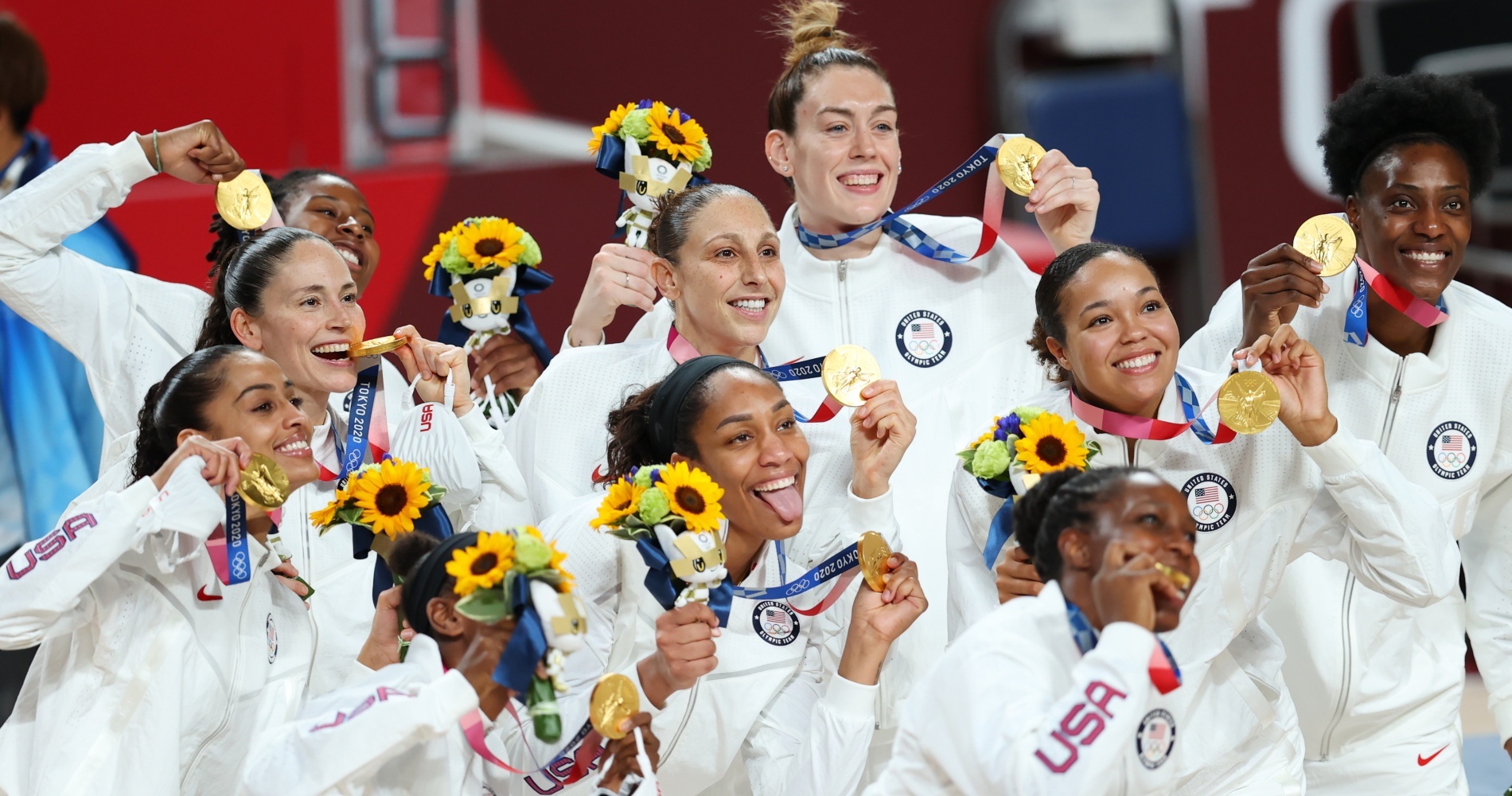
‘Exhausting and never-ending’
This would have come as no surprise to anyone who follows tennis. Abusive tweets and threatening direct messages have become almost par for the course for female players, who seem to be particularly targeted. Former US Open champion Sloane Stephens shared her experience of it after her third-round exit to Angelique Kerber at Flushing Meadows last year, posting some of the abuse to her Instagram Stories and writing: “This type of hate is so exhausting and never-ending.”
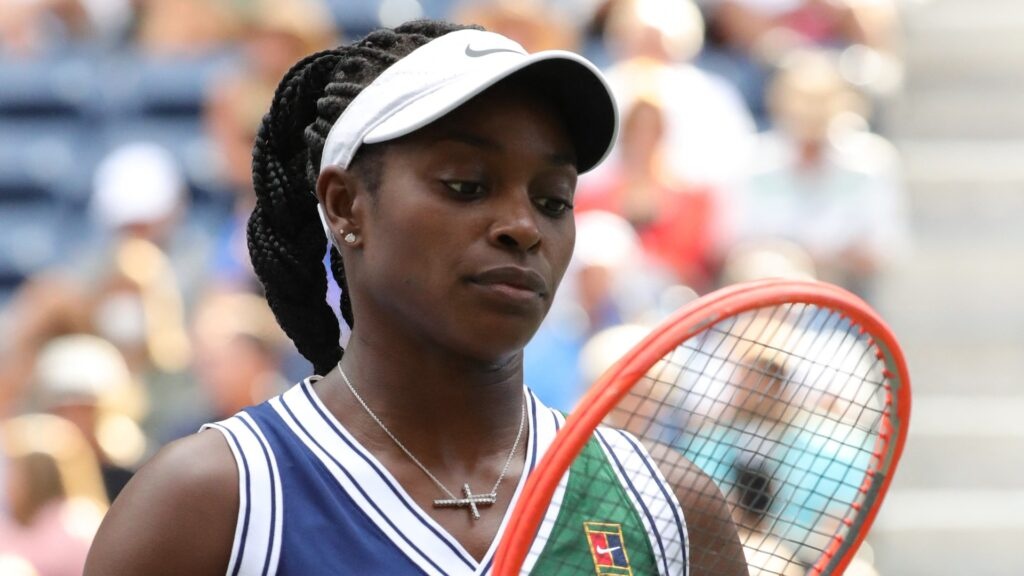
Researcher Dr Emma Kavanagh of the University of Bournemouth describes social media abuse as a specific kind of gender-based violence, with women athletes singled out. Among her various pieces of work is a case study of the type of messages sent to Maria Sharapova during the 2015 Wimbledon Championships, a tournament in which the Russian reached the semi-finals before losing in straight sets to Serena Williams – but the messages on social media did not necessarily reflect her achievements on court. With her colleagues, Dr Kavanagh categorised the abusive messages sent to Sharapova in one of three ways:
- Admiration of her physical beauty or sexualisation
- Threatening physical or sexual contact
- Emotional ridicule and aggression, mostly directed at the noises Sharapova made on court, but also expressing a dislike or hatred of her as a person

Dr Kavanagh suggests a similar pattern of abuse can be found in the social media messages directed at most female tennis players.
“It’ll be about how they look or don’t look, how they play or don’t play, whether they’re too feminine, or not feminine enough,” she says.
“Of course, there are trolls online, and there are bots and there are algorithms that are set up to cause or spread hate. But what I found most interesting is when it’s actually online fandom – it’s in the running commentary of watching the tennis online. Tennis is interesting because the stands [at events] are quiet – but the noise is happening online.”
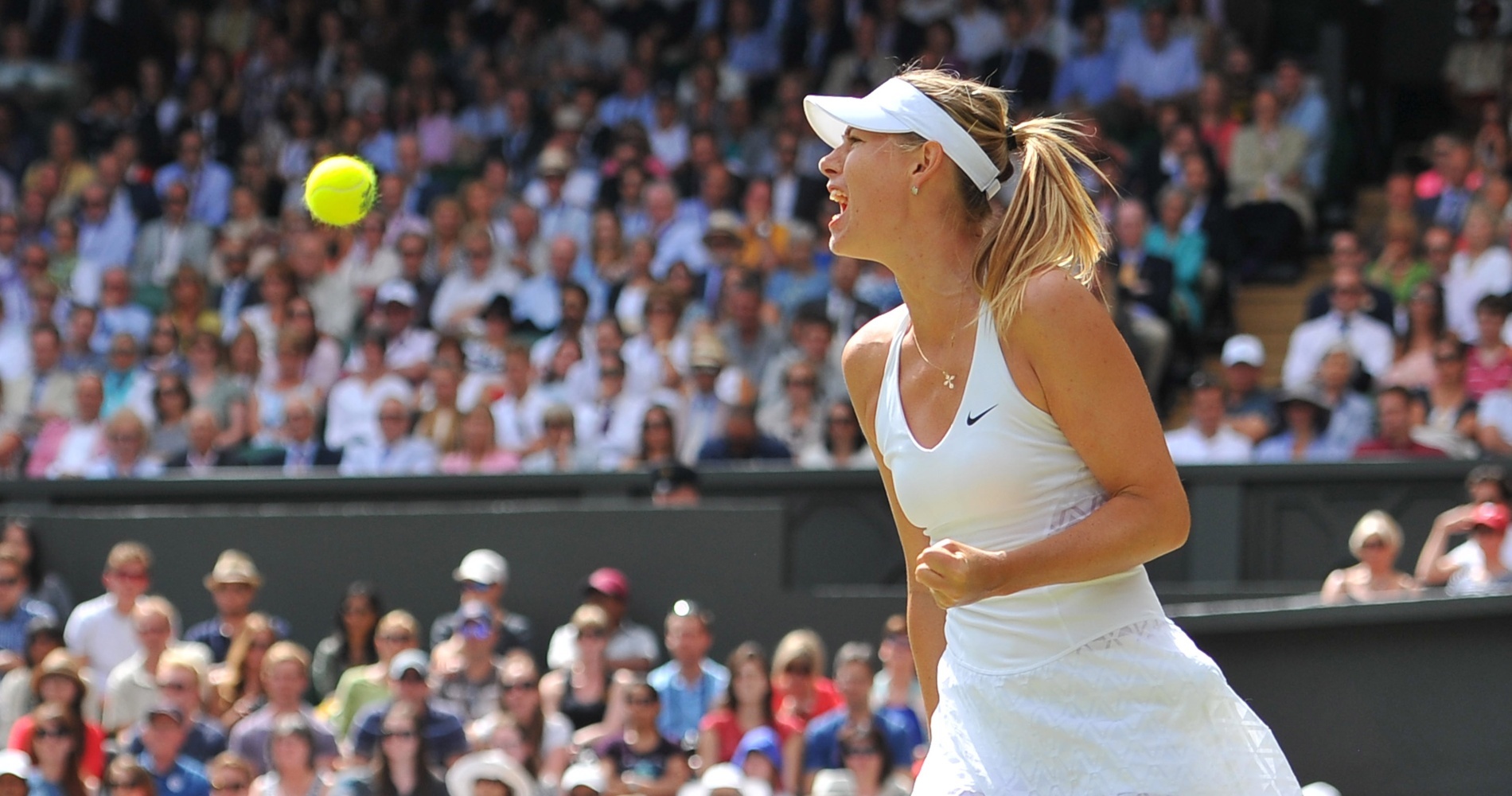
Elbaba – ‘You’re worried for your own safety’
Sometimes the abuse comes from gamblers who have lost money on a match. Julia Elbaba, a former pro with a career-high WTA singles ranking of 372, has experienced this.
“The worst I’ve ever gotten, I remember, was when I was in a tournament in Canada, and I was having a really great run. It was a $60,000 event and I went through qualifying and then I beat the No 1 seed [Mihaela Buzarnescu] in the main draw as a qualifier. And the negativity came right there. Everyone had betted for her to win, of course. My win was obviously not expected. I didn’t even expect to win. So clearly, people weren’t happy that had betted for her to win.
“The messages rolled in. It was like, ‘I hope you die. I hope your whole family dies of cancer.'”
It was terrifying. You’re worried for your own safety.
Julia Elbaba
The American had an even scarier experience when a disappointed gambler was actually on site at a tournament and sending her threatening messages.
“It was terrifying. You’re worried for your own safety. No, you don’t know how dangerous these people are. You don’t know if they’re going to harm you. You’re not protected. A lot of times I was travelling by myself when I first started on the pro tour out of college, and that was really scary.”
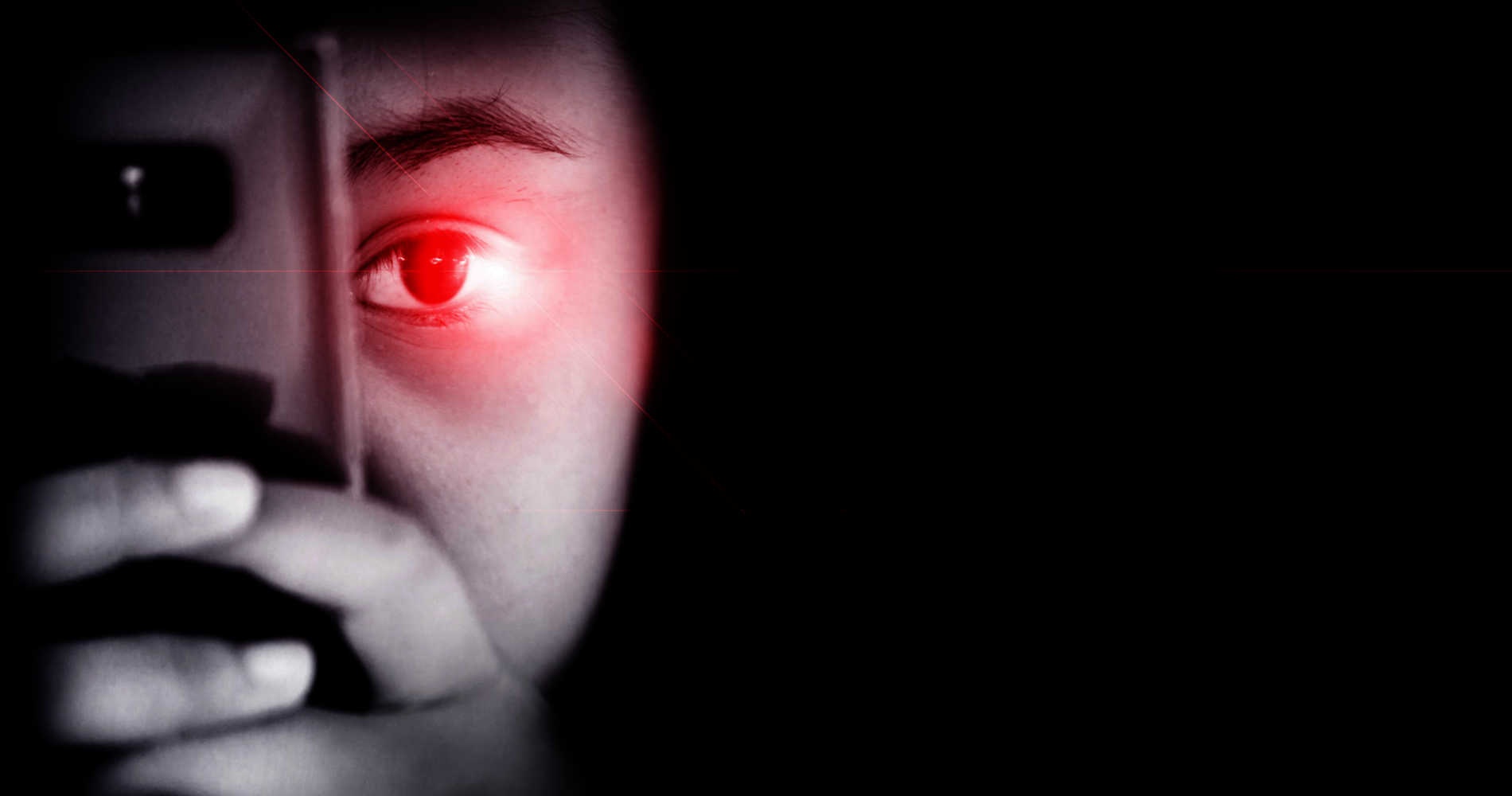
Elbaba had words of praise for the ITF and the WTA, whom, she said, had clear policies in place to support their players in these situations.
In a statement, the WTA explained its policy to Tennis Majors.
“Player safety is the WTA’s No 1 priority,” it read. “The WTA has experienced mental health and security personnel who work closely with the Tennis Integrity Unit (TIU) to assist players with online harassment. WTA players are instructed to notify the WTA if they have any concerns about comments, images, or messages posted on social media. The WTA has procedures in place to provide players appropriate support and guidance to manage these concerns.”
‘Emotional support is absolutely vital’
Kathy Martin, the WTA’s senior director of mental health and wellness, is one of the experts leading on this strand of work. She explains that the WTA also works with a risk management company, Theseus, enabling players to report abusive messages, and then the professionals can assess whether or not they constitute genuine threats, and advise players accordingly.
However, even if an abusive message is not a real and physical threat, words like those sent to Julia Elbaba can still be immensely distressing to read. Martin and her team can help players deal with that too.
“Players are human, and they’re going to have an emotional response to that [post], and it can be very disturbing,” says Martin. “Emotional support is absolutely vital as well.”
Elbaba worries when she sees players retweeting and quote-tweeting screengrabs of abusive posts.
“That’s the biggest mistake you can make,” she says. “By kind of laughing at them [the abuser] or just publicly showing their anger [in the post], they might feel even more anger. So the best thing is like literally don’t open it, just delete it, definitely don’t engage so much.”
‘Athletes rely on social media for their branding’
Some might wonder why players bother with social media at all – and the answer is that for many, particularly those lower down the ranks, it offers massive opportunities. A sponsor might want a post from the player using their equipment, or the player may simply welcome the ability to communicate directly with fans. It is understandable that they may consider the risks worth running.
The WTA is on hand to advise players how to deal with their social media because, as Dr Kavanagh has already pointed out, they may not just get abuse from disgruntled gamblers, they may also get messages from viewers criticising the way they look or their weight – a kind of abuse that their male counterparts rarely if ever get, and one that can be very distressing for impressionable teenagers breaking on to the tour.
“We specifically will reach out to the underage teens and make sure that they are aware of what our services are, who we are, that we are there as a independent, safe, protected listening space for them,” says Martin. “I always talk to the young ones about their social media use and how they manage things like that and what their experience of it has been, because possibly they haven’t had a lot of that yet, but it might be coming down the track, and players at that age particularly are very vulnerable to that kind of material.
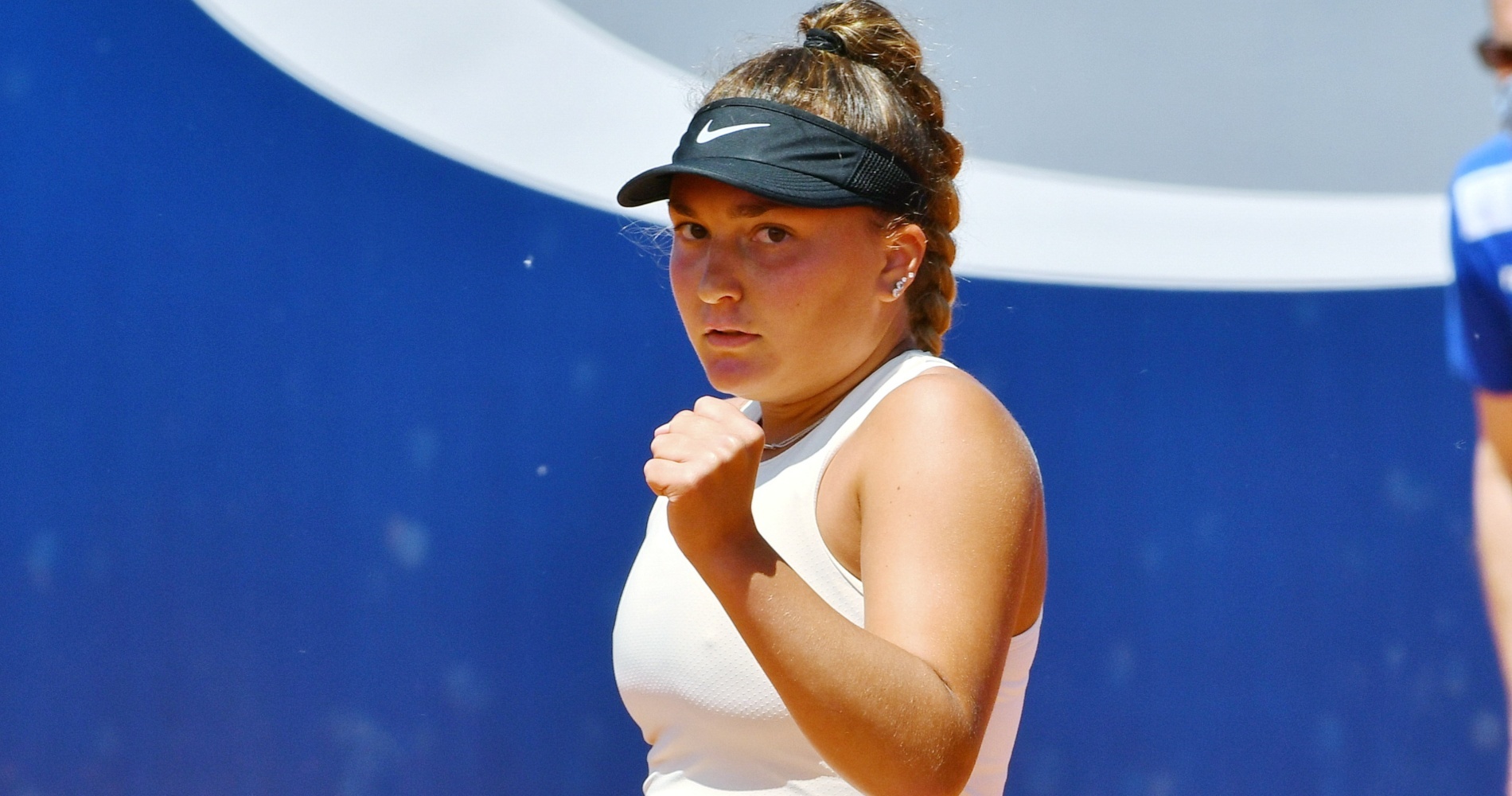
“It’s difficult and I’d say not realistic to tell people, ‘Get off your social media.’ That’s not going to fly with with anybody in this generation who are athletes who also rely on that for their media presence and their branding. Better to discuss with them, really, if this sort of stuff starts trickling through, come and talk to us about it.”
‘Athletes need to be empowered’
The advice that Martin gives to players is just as applicable to any other young person using social media.
“Social media has opened the public to comment on us all, and yet the only people that really matter or whose opinion should really matter in our lives are people who really know us, who really care for us, who really are there as our support people,” she says. “So to reframe it a little bit for the athletes – to remember these people are strangers, they don’t know them.
The public opinion ultimately isn’t the opinion that matters in their lives, and it’s helping them learn that.
Advice to young players on the WTA Tour
“Yes, words hurt. But their opinion is unsolicited. You wouldn’t walk out in the middle of the street and say, ‘What does everyone think of what I wore today?’ and yet that’s effectively what is happening on social media. When you put it to them in those terms, they laugh, because it’s ridiculous.
“They’re going to encounter people commenting on their game, their choices of coach, their this, their that and the other thing. These are very personal decisions, and it’s very hard to block out all that noise of the public. But the public opinion ultimately isn’t the opinion that matters in their lives, and it’s helping them learn that, which is not an easy thing to do. And I admire them because they develop skills fairly early on because they have to, and I’m constantly amazed about how incredible these some of these young women are, how intelligent they are, how savvy they are at seeing that this isn’t real.”
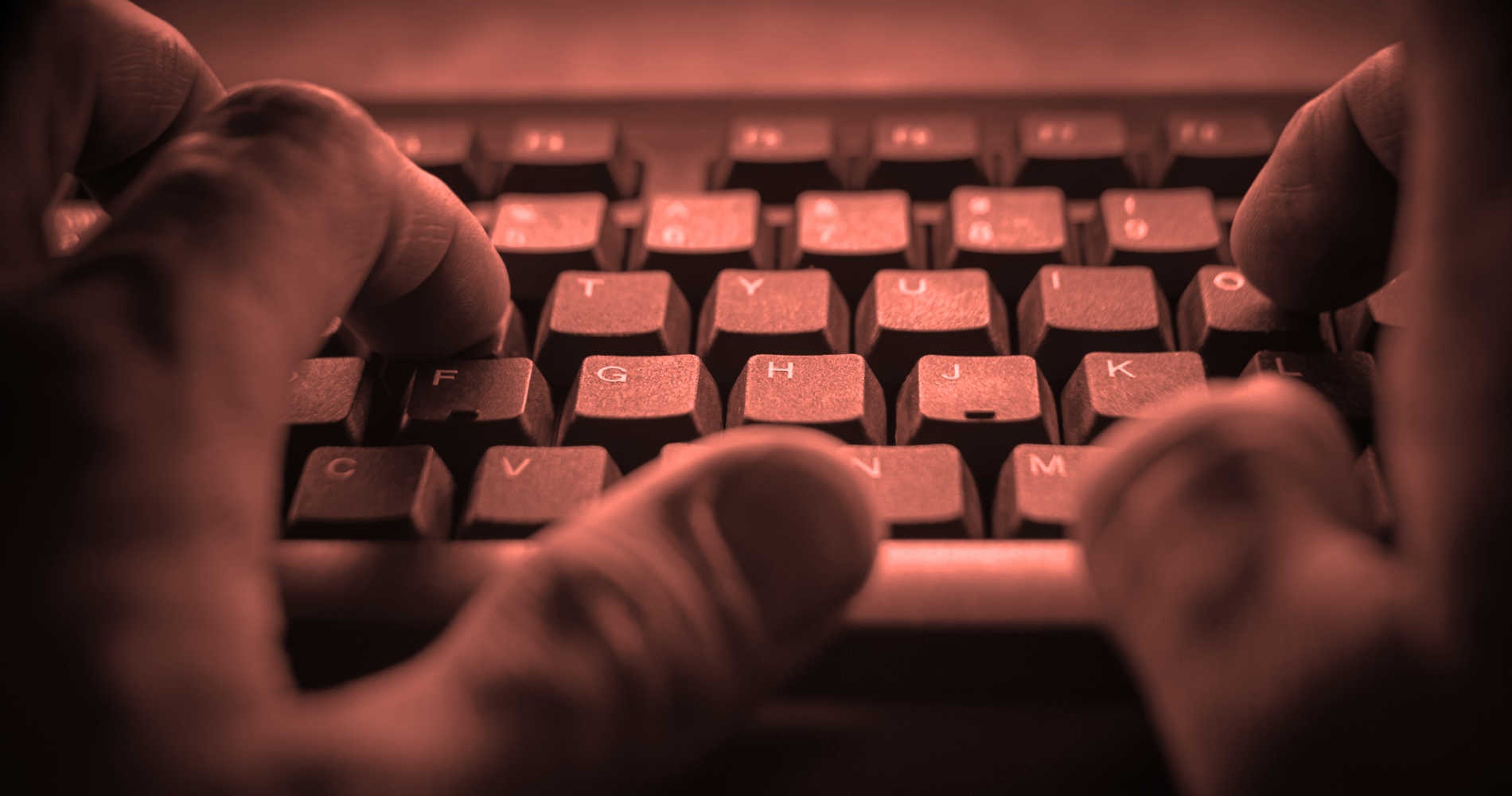
Dr Kavanagh applauds this kind of support for athletes, and would like to see social media companies working more closely with governing bodies as well as law enforcement to make the internet a safer place – particularly at times when interest in their sport may be higher. In tennis, that might be during the Olympic Games or a Grand Slam.
“There are ways to filter, to report, to protect your profile, but that also relies on organisational response – being able to safeguard athletes,” she says. “I think media training has a responsibility as well – that notion of staying safe online, how to report, how to respond to violence, where to go to for support. Certainly there’s something in empowering athletes to know how to protect themselves online.”
In the meantime, while the big names of women’s tennis can rely on their agents or managers or an external company to handle their social media accounts, it’s the lower-ranked players who will bear the brunt of social media abuse – whether that’s from annoyed gamblers or angry fans or simply people who want to use the internet to vent their unkind opinions. It’s something to think about as the next Grand Slam approaches.


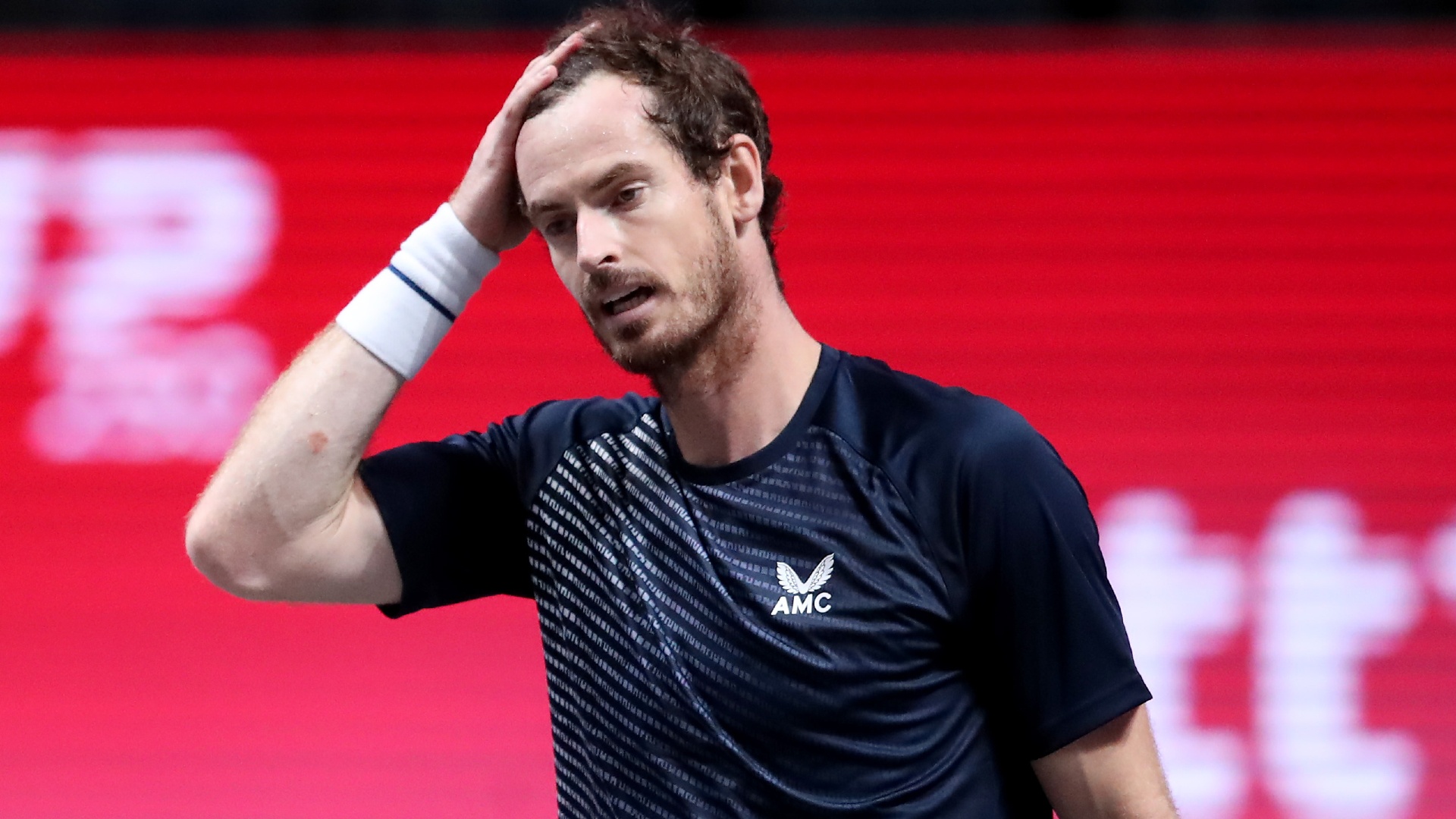






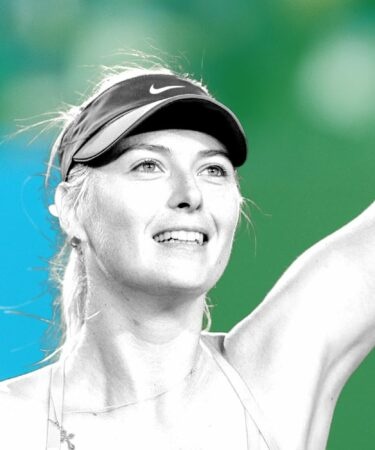
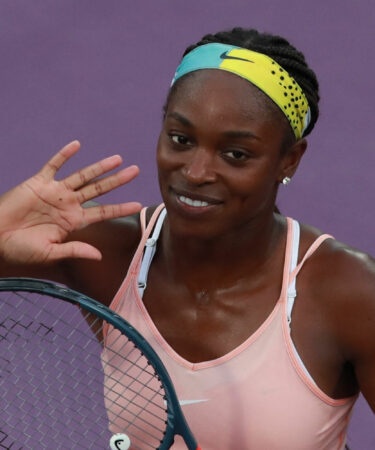





It’s a great topic, and the article is well-written as well. Keep it up!
Each sport attracts very different people, generally a group (even of millions) which doesn’t vary too much. We can say “they’re always the same”. And conduct in social media is just the same for everybody: there are people who praise and congratulate, and there are insults and what is nowadays called “haters”. I don’t think this is anyway specific of women’s pro tennis. People attempting on the dignity be it of females, be it of black race, be it of Jews, or whatever, is present in everyday life. So I just can’t understand why these women and girls ‘worry’ especially about this. They’ve dealed for decades with social media, before becoming more or less famous and afterwards. Each one of them has long learnt how to react. If players are evenso worried, WTA is making something wrong: not get closer to players when they’ve already suffered any harrassment, but before: all of them should have guidance before joining WTA. Like it or not, we all have to suffer unfair critique in life -I’m an oldie male. What about it?
You’re an athlete, you make millions and millions of dollars. You are going to have these issues but deal with it, it comes with the job for All athletes. If you just STAY off of social media then you’ll never know. Grow up you pathetic millennial cry babies or quit your job and be like the rest of us. If I made millions I wouldn’t care who said what about me, acually I don’t care now, but guess what, I’m not a cry baby who thinks I’m better than everyone else. There are cry babies like this everywhere and they voted for our current prez. Sad people in this country.